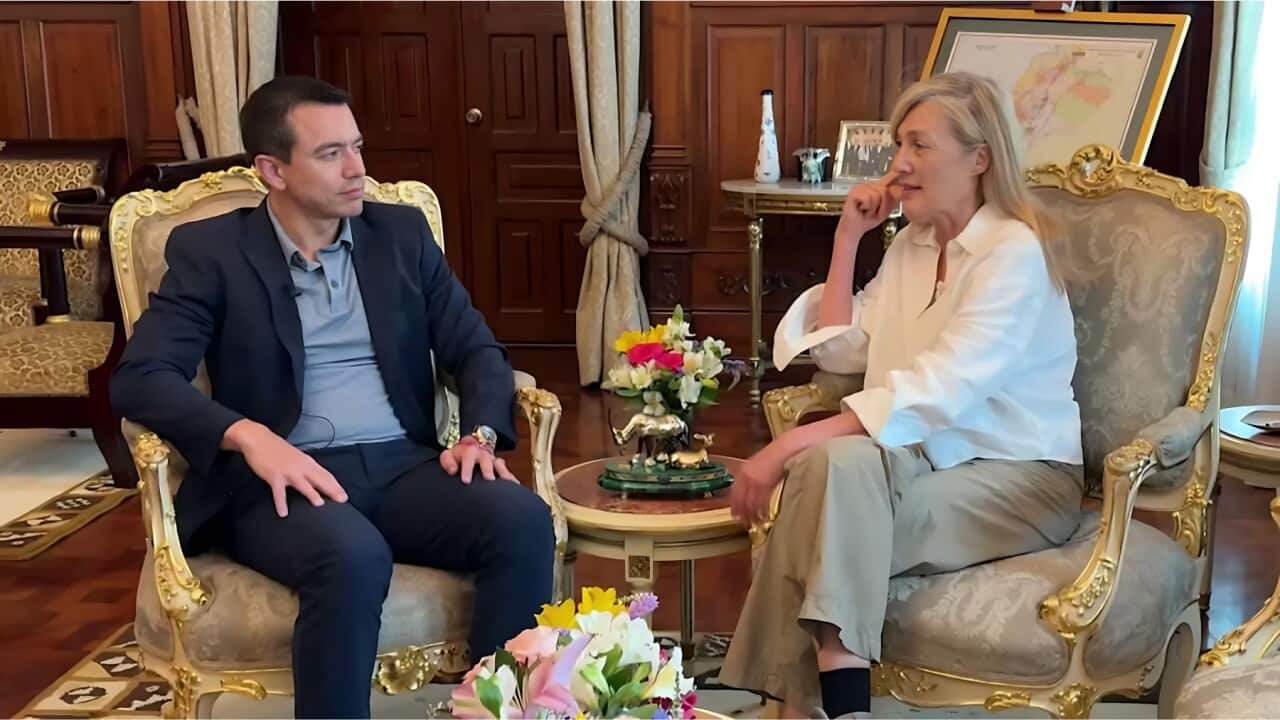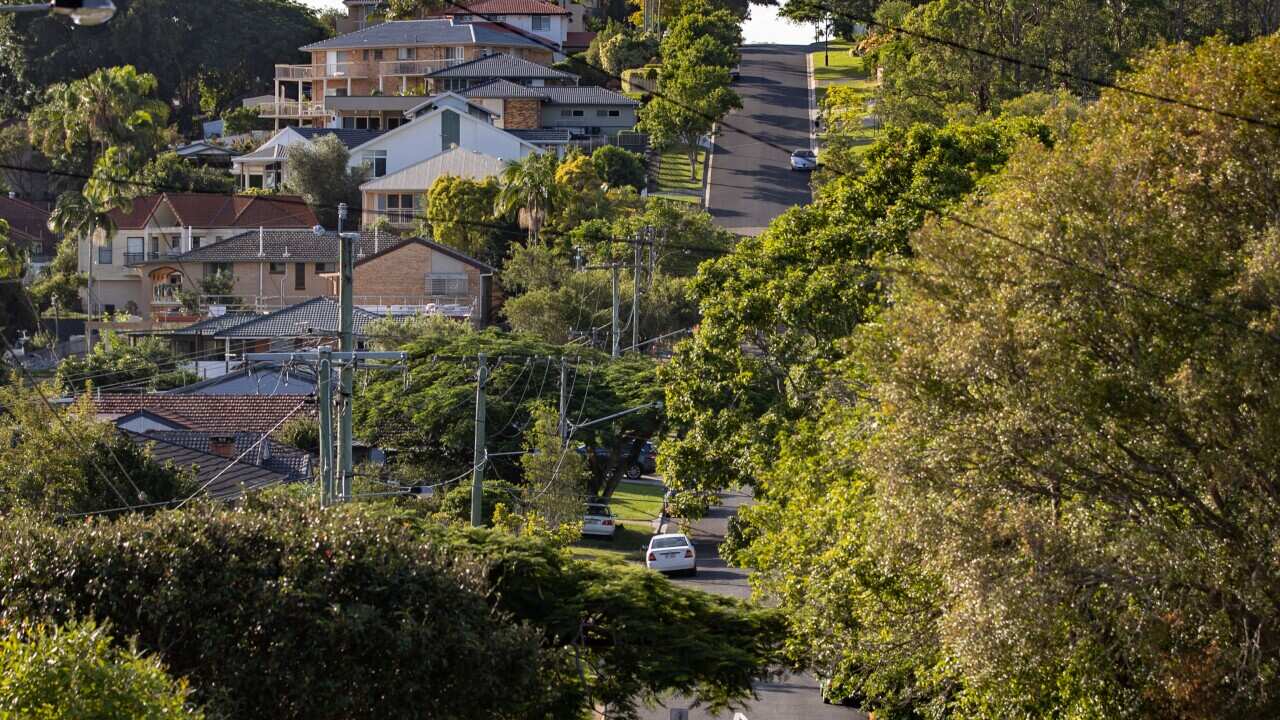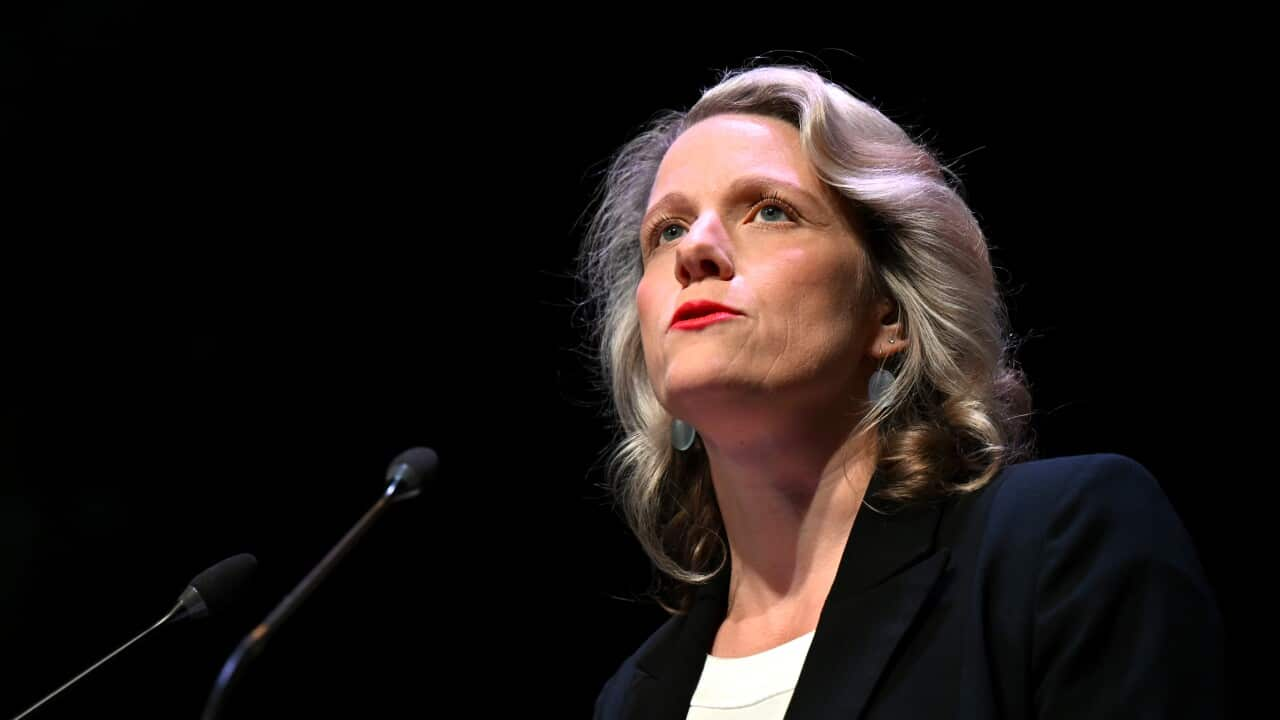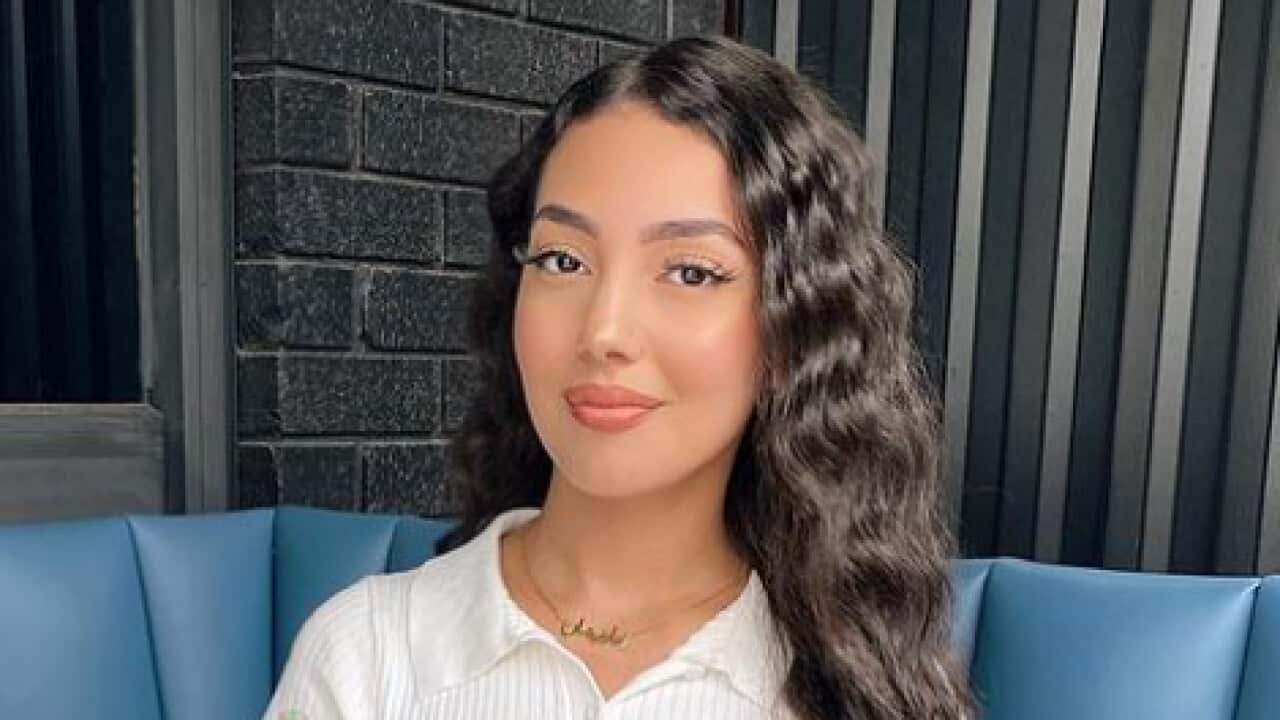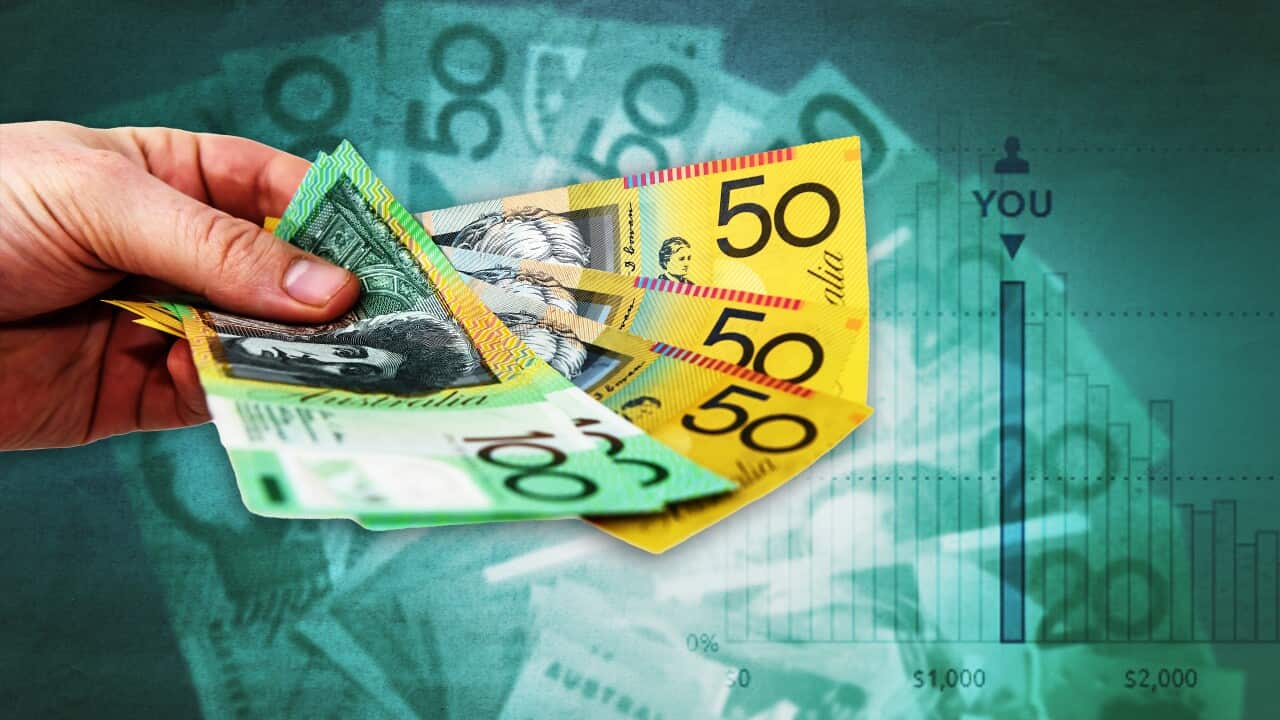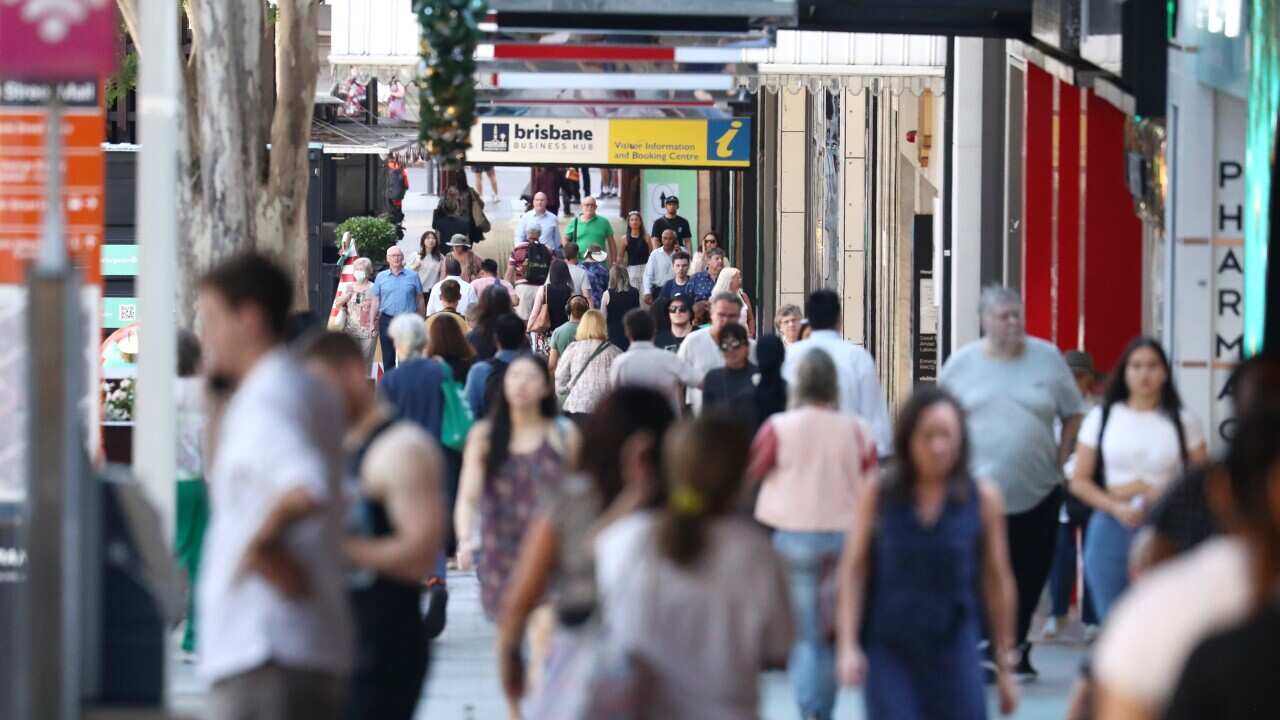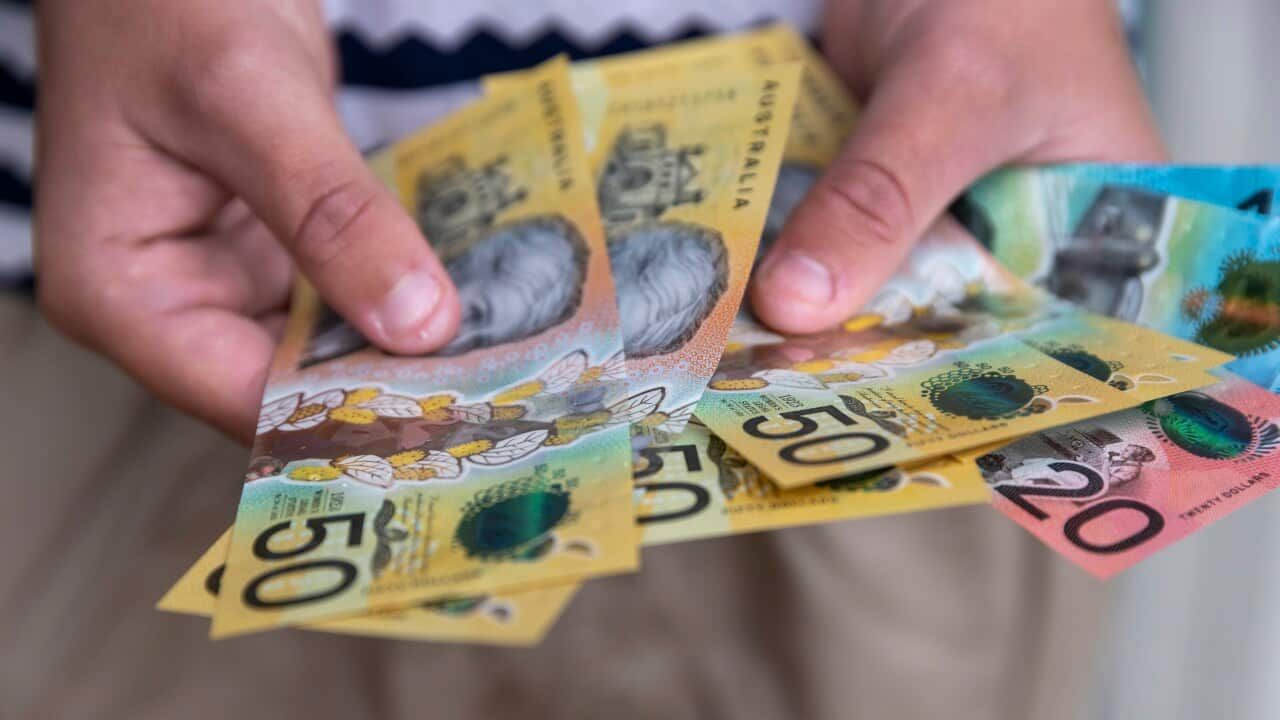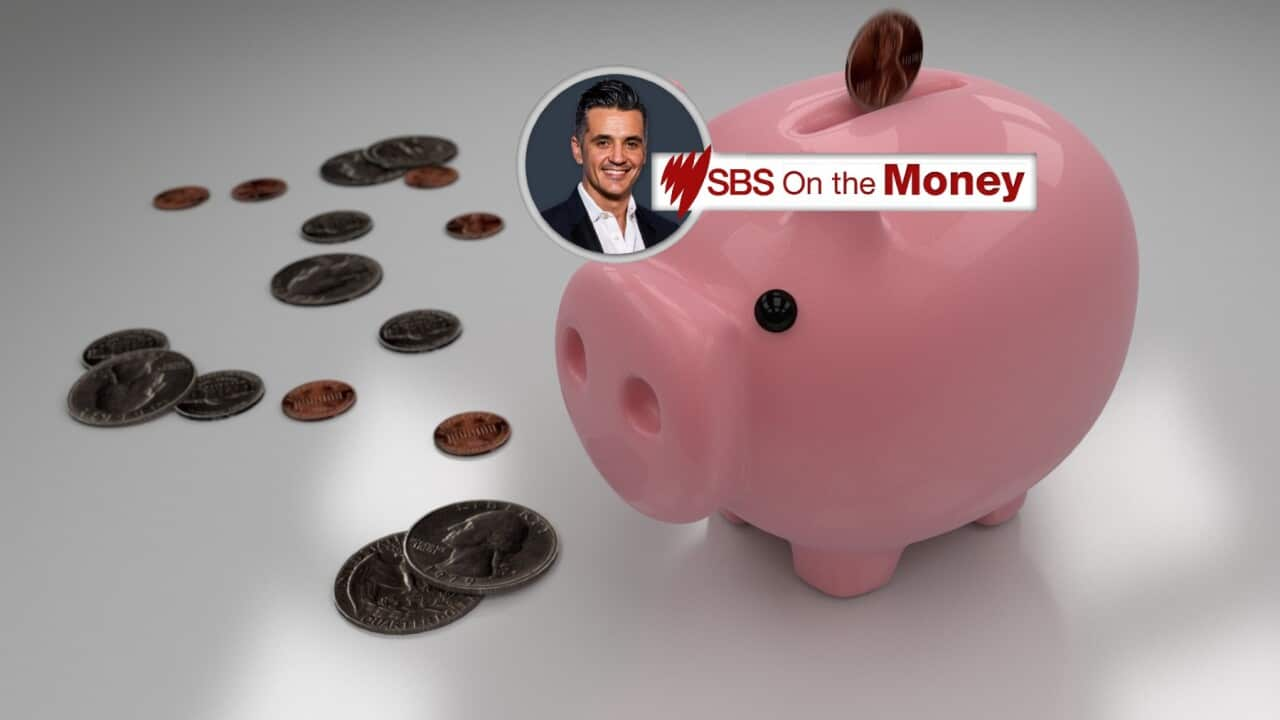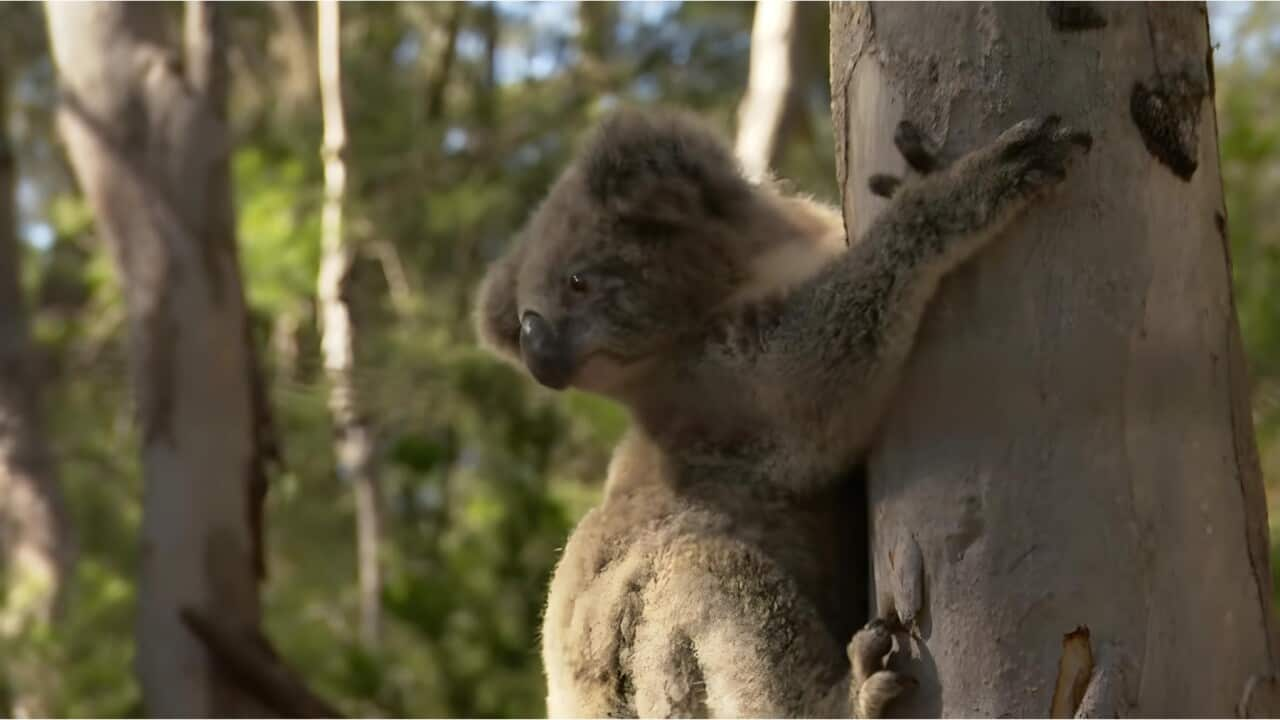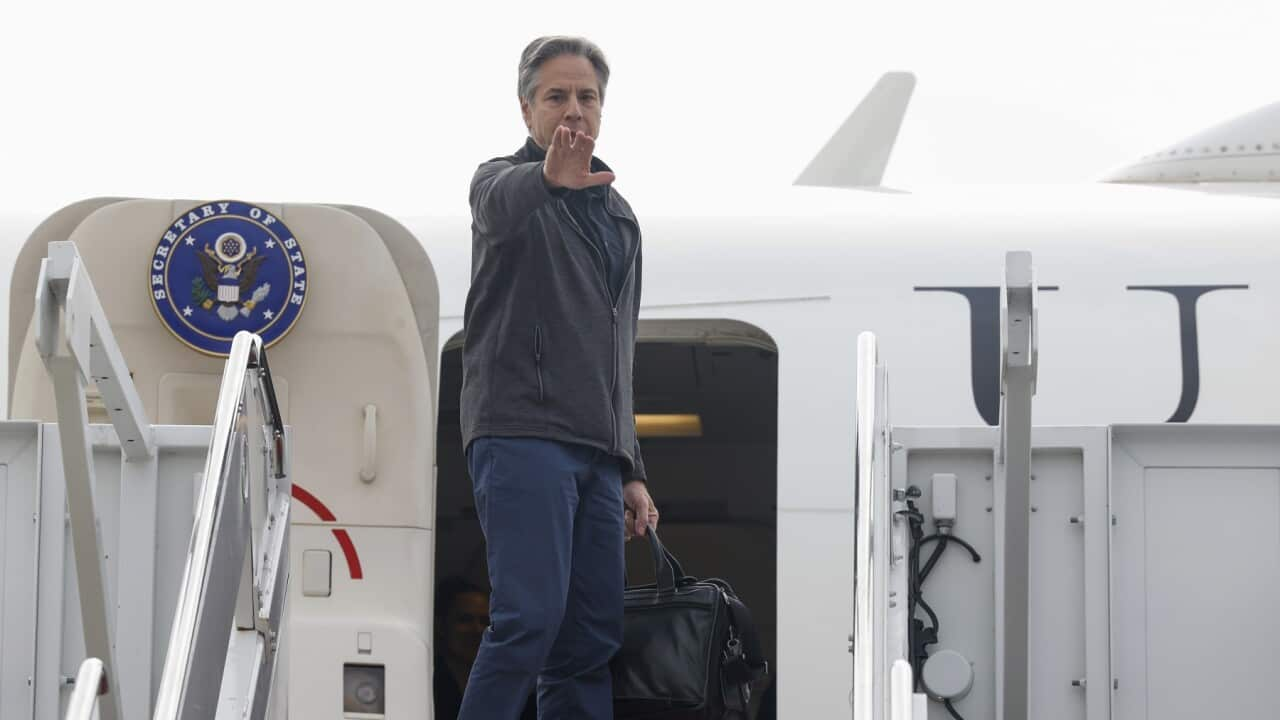TRANSCRIPT
The president's convoy sweeps onto the tarmac along with his ever present security detail.
I've been invited to travel with Ecuador's youngest ever elected president. Daniel NAA is 36.
But while Daniel Noboa is applauded when he visits an indigenous community in Puyo, the son of Ecuador's richest man taking delight in the moves of a child - the high drama is coming from the BOA's own power play, setting himself at odds with the world order.
REPORTER: "You've been condemned by every Latin American country except for El Salvador and the United States. Your staunch ally condemned what happened at the embassy. So the obvious question is, Mr. President, do you have any regrets?"
NOBOA: "Zero".
REPORTER: "Why?"
NOBOA: "Because I think we’re on the right side of history and also, they also condemn the fact that some governments use their embassies as, when with a facade of a political refugee, but it’s actually for impunity. It’s actually to save the criminals from their sentence."
Mexico's embassy in Ecuador has been the epicenter of this international dispute after Mexico first provided refuge, then asylum to a convicted former Ecuadorian vice president Jorge Glas.
Ecuadorian authorities raided the embassy to arrest him.
NOBOA: "In this case, Jorge Glas had a sentence. He was, he had a fair trial. He had a sentence and he had to be in jail and that’s what our Justice Department thought and also what the judicial branch of Ecuador thought. I have no regrets."]]
Under the Vienna Convention on Diplomatic Relations, an international treaty in force for six decades, embassies are supposed to inviolable.
REPORTER: "So do you think everyone else is wrong? Do you think the Vienna Convention needs to be reworked?"
NOBOA: "It’s not only the Vienna Convention. We’re talking about also the Caracas Treaty about political asylum which states clearly that no nation can give political asylum to someone that has a sentence because in that case we’re actually getting involved in sovereignty, number one; number two, in the judicial system of different nations. So it’s actually a violation, first, by the Mexican government, and another violation followed that but we had to act. We had to make the decision. There was also a plan to escape that we were actually aware of."
The president's chopper descends for a second public event in as many hours.
Daniel Noboa is touring a remote health center.
There's a pervasive campaign vibe.
Ecuador is about to hold a referendum on measures to tighten security.
It'll be the first major test of the popularity of this young president
REPORTER: Because you know what everyone’s saying. You have a referendum in, under two weeks, and that you want to be seen as the tough guy.
NOBOA: Not necessarily. I want to be seen as someone that is fair. Not necessarily the tough guy.
REPORTER: "Was it a hard decision to make?"
NOBOA: "It was a very hard decision to make. Of course it was."
REPORTER: "Did you have advisors saying don’t do it?"
NOBOA: Some, yes. Some, no. But I had to make the final decision. It was my responsibility. If Glas would have escaped using vehicles from the embassy and planes from the Mexican government then I would have been too weak for everyone. Now that I caught the guy, I’m too strong. So it’s kind of difficult to please everybody but the vast majority of the people in Ecuador are happy with my decision."
REPORTER: "Even though the video that the Mexicans have released from within the embassy, I mean, that’s violent."
NOBOA: "We have the video. We have several videos. If someone enters an embassy and grabs a criminal and members of the embassy start hitting police officers, who’s starting the violence there?"
Extreme violence is now an Ecuadorean staple.
When Noboa tours the sight of flood-damaged homes in Quito the day prior, security officers are visible on every vantage point.
Murder, kidnapping, extortion, and political assassination have all become routine.
Trafficking o cocaine produced in neighbouring countries has spawned a crime wave making Ecuador one of the most dangerous nations in Latin America.
NOBOA: "I think there is evidence that there are Mexican cartels operating in Ecuador and in Colombia, as well as in Venezuela."]]
REPORTER: "But is this why you are cross at Mexico?"
NOBOA: "I don’t have a cross with Mexico. I think they had a cross with our judicial system. They’re not happy with it and I think that’s what started this whole political and diplomatic disagreement.”
The army is on the streets of Guayaquil [[gwy-a-kwill]], the coastal city through which cocaine passes.
A 90 day state of emergency declared in January after an explosion in violence is over, but normality has not been restored.
REPORTER:" When we were up in the Amazon - incredibly beautiful area - there were police everywhere. I've never seen such high security. And you said to me, we should go back to the palace because it's safer there.
NOBOA: "Uh huh"
REPORTER: "A couple of days ago you said that the state of internal armed conflict continues, therefore the army needs to continue doing operations on the streets. Is there any evidence at all that you are making the country safer when even your safety is an hour by hour, minute by minute calculation?"
NOBOA: "So it's two questions. First, is it safer? The evidence shows that we have less number of crimes, less violent deaths per day and that people feel generally safer than six months ago. The rest, why do I have this strict security protocol? Because I'm doing things and making very tough decisions to fight against cartels that move close to $60 billion a year in cocaine out of Ecuador. They are violent and they are not very happy with my leadership and with my presidency."
REPORTER: "Do you sleep at night?"
NOBOA: "Yes. Very well."
REPORTER: "So you feel safe?"
NOBOA: "If I can sleep eight hours, I think I feel safe."
Daniel Noboa cuts an inscrutable figure on the return flight to Quito.
His current term as president runs until May next year.
Mexico is calling for Ecuador to be suspended from the United Nations.
REPORTER: "So how will you resolve it?"
NOBOA: "I will invite President Obrador to have a ceviche, we can probably have some tacos together, and we can talk."
REPORTER: "And when’s that going to be?"
NOBOA: "Whenever he’s ready."
Popular at home but facing international approbrium.
A rank outsider when he ran for office, everybody is now watching Daniel Noboa.
